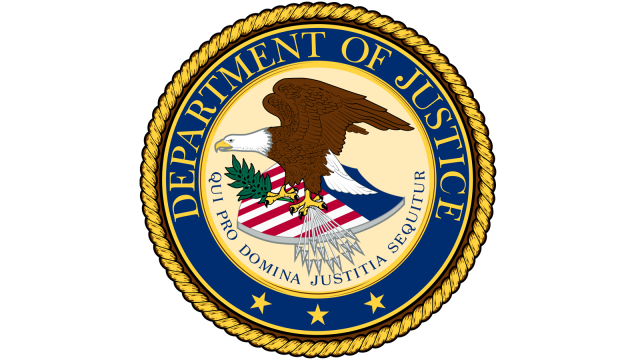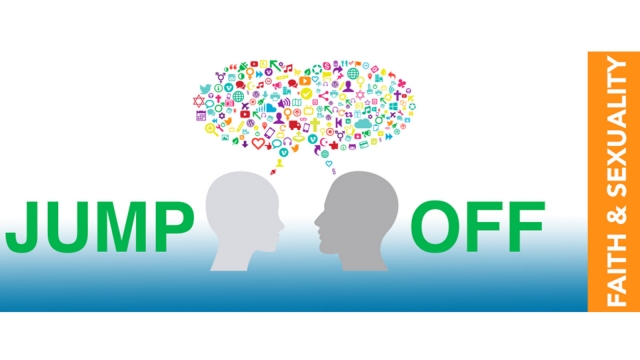Greiving family seeks help after Chastity Matthews, 28 year-old bi advocate, passes away

Photo Credit: Gregory Ward
Earlier this month, Chastity Matthews, a bi woman and advocate from Arizona, passed away unexpectedly, according to her family. She was a beloved and valued member of her community and will be missed by those who knew her. Chronically ill with lupus and arthritis and living in poverty, Chastity’s mother cannot afford the cost of cremation. She is asking people to help her say a proper goodbye to her daughter by contributing what they can to her GoFundMe page.
Chastity was an active member of Fluid Arizona, her local bi, pan, and fluid+ group. According to her friend and fellow advocate, Gregory Ward, she was a relatable leader in the bisexual community.
I’m devastated by this news. I just found out my friend, Chastity Swann Matthews, has died. She was such an honest,…
Posted by Gregory Ward on Saturday, March 5, 2016

Chastity is being held at the funeral home until her mother, Stephanie Matthews, can pay for cremation costs. Stephanie lives off of very little money and needs help raising funds for Chastity’s cremation, an urn for her ashes, and a round-trip flight for her autistic son to be with the family during this difficult time. She is almost at the the half-way point of her $3,700 goal. To help Stephanie raise the necessary funds, please contribute whatever you can to her GoFundMe page in the next three days.
 Unfortunately, Chastity’s story is not a rarity among the LGBT community. According to a report released in 2014 by the Movement Advancement Project (MAP), bisexuals make up 52% of all gay, lesbian, and bisexual people in the U.S. Bi people are significantly more likely to live in poverty and experience mental and physical health issues than gay men and lesbians, often due to significant anti-bi stigma or erasure. Bisexuals are also less likely to come out to their doctors and have a suicidality rate nearly four times that of straight individuals.
Unfortunately, Chastity’s story is not a rarity among the LGBT community. According to a report released in 2014 by the Movement Advancement Project (MAP), bisexuals make up 52% of all gay, lesbian, and bisexual people in the U.S. Bi people are significantly more likely to live in poverty and experience mental and physical health issues than gay men and lesbians, often due to significant anti-bi stigma or erasure. Bisexuals are also less likely to come out to their doctors and have a suicidality rate nearly four times that of straight individuals.
Click here to read the full MAP report, and visit glaad.org/bisexual to learn more about the bisexual community.











